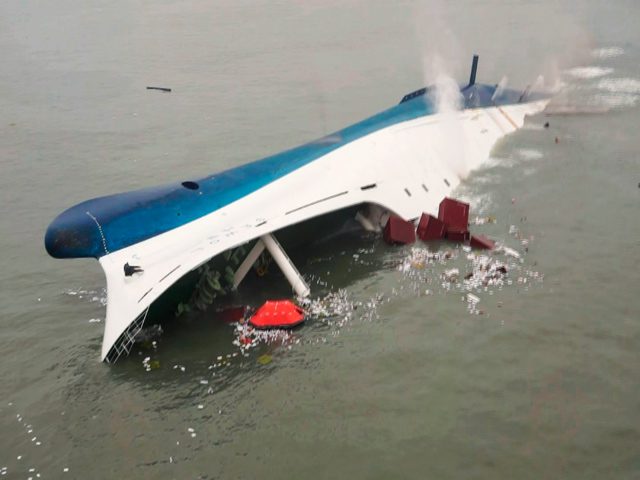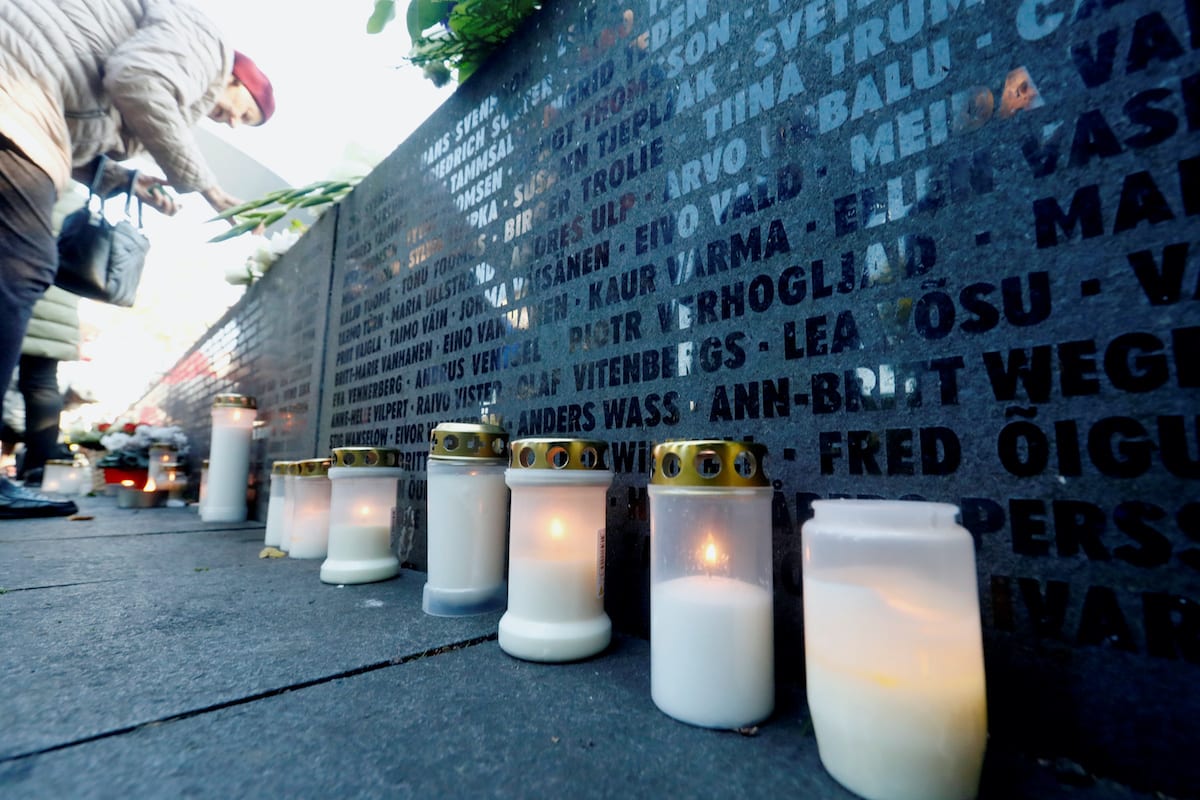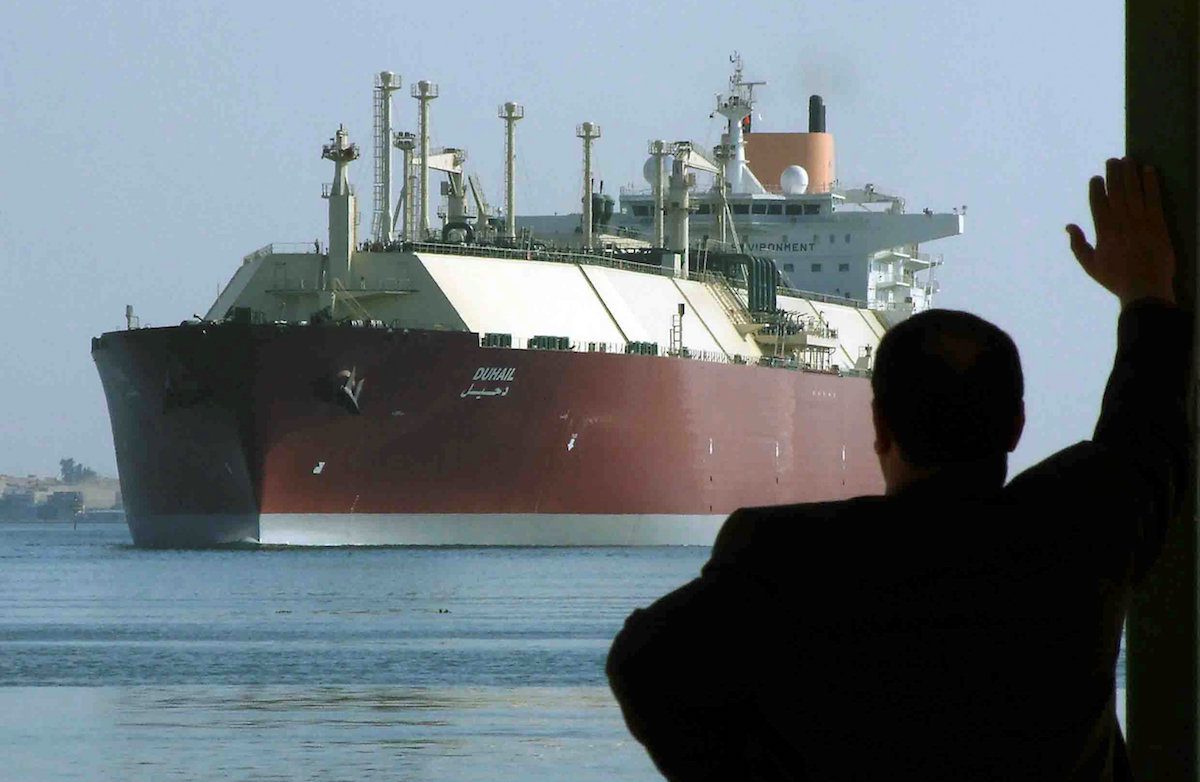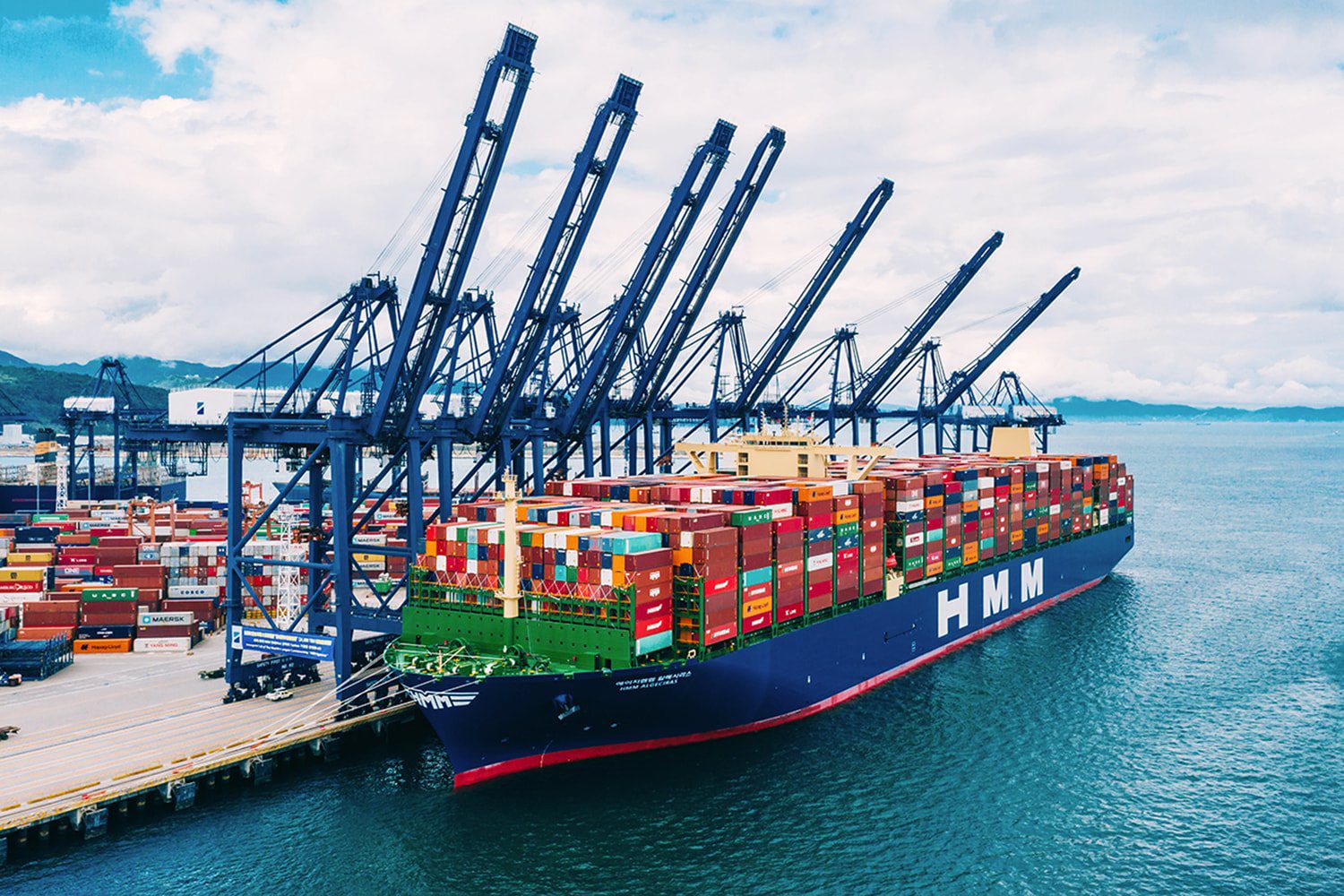Lee Joon-seok, captain of sunken ferry Sewol, arrives at a court in Gwangju June 10, 2014. REUTERS/Korea Pool/Yonhap
By Sam Kim
Nov. 11 (Bloomberg) — After his mother was killed in a 1970 ferry sinking in South Korea, Nah Jong Ryeol spent four decades documenting the disaster in hopes of preventing another tragedy. Then the Sewol sank in April killing 304 people.
For Nah, a 65-year-old retired government worker, the Sewol disaster and the current trial of its crew have forced him to relive the loss of his mother on the Namyoung, the country’s worst maritime accident. Nah, a college student at the time, has spent his life trying to keep the memory of the Namyoung alive and build a seaside monument to its more than 320 victims.
“For 40 years people cared little about the Namyoung,” Nah said in an interview. “That’s how the Sewol came to happen. Families of the Namyoung victims are asking today, would the Sewol have happened if we had been allowed to speak freely, console the souls of the victims with a harbor monument and made the government educate the public well?”
A judge delivers his verdict today in the murder trial of the Sewol captain. Prosecutors are seeking the death penalty for Captain Lee Joon Seok, as they did with the skipper of the Namyoung. In that case, the judge sentenced the captain to two and a half years, saying he didn’t intend to commit homicide, a sentence that angered many of the families.
“Justice should be carried out as justice should be carried out — fairly,” Nah said in a phone interview from Jeju, where the Sewol was headed when it sank and from where the Namyoung departed 44 years ago. “What really matters is that we don’t forget these tragedies. Had we remembered the lessons from the Namyoung sinking, the Sewol wouldn’t have gone down.”
Professional Negligence
South Korea hasn’t executed anyone since 1997 and the court in Gwangju, about 160 miles (260 kilometers) south of Seoul, is unlikely to hand down the death penalty because this is a case of negligence, Kang Wu Ye, a professor of law at the Korea Maritime and Ocean University in Busan, said by phone. Professional negligence resulting in death is punishable by up to life in prison in South Korea if no rescue efforts were made in a maritime accident, according to the website of the Ministry of Government Legislation.
“It’s true an overwhelming number of people died in this case,” Kang said. “But the court has the duty to stand by the law no matter how atrocious a crime might seem.”
The two sinkings are South Korea’s deadliest maritime disasters and have more in common than just the request for the death penalty. In both cases the ships were overloaded, contributing to their capsizing. After the Sewol disaster President Park Geun Hye faced the wrath of grieving families, while with the Namyoung, it was her father Park Chung Hee, who was in power.
School Trip
The Sewol capsized off the southwest coast on April 16 and most of the victims were high school students on a class trip. Parents were initially told that all the children had survived, only to learn within hours that 250 students were missing.
In his final court statement on Oct. 27, prosecutor Park Jae Eok said Sewol captain Lee avoided issuing an evacuation order because he was concerned the passengers would hamper his escape.
Public anger over the Sewol disaster sent President Park’s approval rating tumbling to its lowest in more than a year and depressed consumer confidence and spending. Days after the sinking she called the actions of the crew “like murder.” In May, prosecutors charged Lee and three crew members with homicide.
The captain’s court-appointed lawyer, Lee Kwang Jae, asked the judge for “mercy” on Oct. 27. The attorney said he didn’t know what punishment would alleviate people’s anger.
Individual Grief
If the court agreed to the death penalty, Park would have to approve the execution, which would be the first in South Korea in 17 years. During the 2012 presidential campaign she opposed repealing the death penalty, saying its existence serves as a warning to those who “perpetrate atrocities unacceptable by any means.”
“Public opinion can always creep in in such high-profile cases,” Jan Wetzel, a senior policy adviser at Amnesty International in Hong Kong, said by phone. “Public opinion is not a good yardstick for the administration of justice. Public opinion quite often is, as we’ve seen in this case, rooted in present-day developments and emotions and individual grief.”
For the victims of the Namyoung, the trial is evoking painful memories that many are reluctant to talk about publicly, Nah said.
“Even now the families of the Namyoung victims are remaining silent because they are afraid people would accuse them of using the Sewol as a chance to speak about their own pain. There’s only one thing we want. We want people to remember the Namyoung and honor the victims.”
Copyright 2014 Bloomberg.
Editorial Standards · Corrections · About gCaptain
This article contains reporting from Bloomberg, published under license.

 Join The Club
Join The Club











